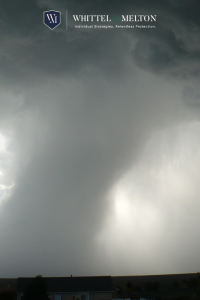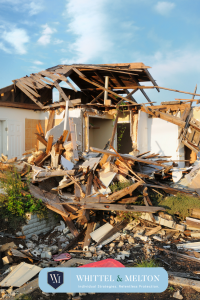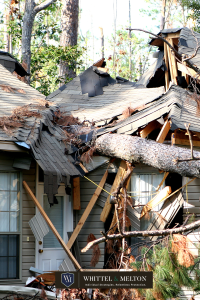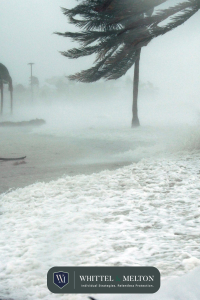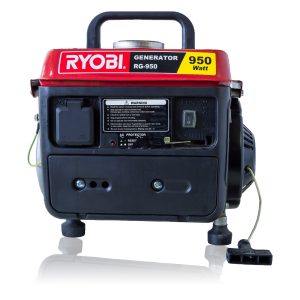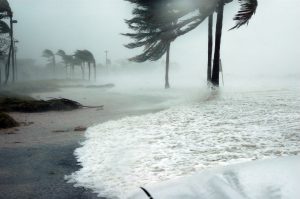A second tornado was confirmed by the National Weather Service because of Tuesday’s powerful storms, which also resulted in power outages and warnings.
An EF-1 tornado with 90 mph peak speeds and a 0.61-mile path made landfall in the Eagles community in northwest Hillsborough County, just east of Pinellas County, at approximately 4 p.m., according to the NWS.
The tornado was not linked to any reported injuries.
A confirmed EF-0 tornado had already occurred close to St. Petersburg’s downtown.
Waves crashed up onto picnic spots on Hudson Beach, causing coastal flooding in several parts of Pasco County. The Florida Panhandle was also affected by the storms, seeing at least three confirmed tornadoes as of Tuesday morning, according to reports.
The storms have rolled across the surrounding areas, toppling houses, and squashing recreational vehicles.
Alongside possibly dangerous gusts, coastal floods, the possibility of tornadoes, and heavy rains, the storms are linked to a strong low and cold front.
Fortunately, insurance should cover the damage for owners who have lost property due to a tornado. In contrast to other natural disasters like sinkholes, earthquakes, and floods, tornadoes are generally covered by a standard homeowners or business policy. Despite this, insurance companies continue to underpay and deny tornado claims. And, while a denial may include a lengthy, technical explanation that makes it appear valid, it may not be.
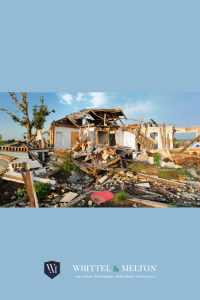 What Scale is Used to Classify Tornadoes?
What Scale is Used to Classify Tornadoes?
The enhanced Fujita (EF) scale, which ranks tornadoes from EF-0 (low damage; winds 40-72 mph) to EF-5 (extremely significant damage; 261-318 mph winds), is used to determine the severity of a tornado based on the damage it causes to buildings. Although the storms that hit Hillsborough and Pinellas counties were classified as Category EF-0 and EF-1, even these weaker tornadoes can cause serious damage to single-family home with winds as high as 200 mph.
- EF-0: Minor damage to chimneys and business sign boards and banners.
- EF-1: Roof surfaces ripped off; mobile homes flipped.
- EF-2: Roofs torn off homes and buildings; mobile homes demolished.
- EF-3: Walls and roofs ripped off homes and buildings.
- EF-4: Homes and buildings leveled and possibly scattered a substantial distance away.
- EF-5: Houses and buildings destroyed and nothing remains.
What is Covered in a Typical Home Owner’s Insurance Policy for Tornado Damage?
Tornado damage to your property and the belongings within should be covered by a typical homeowners’ or business property insurance policy. This covers damage from hail, rain, and lightning, in addition to wind. All these events can occur in the wake of a tornado. Insurance should also pay for temporary housing if your home is so destroyed that you are unable to reside there.
It is crucial that the insured is aware that, regardless of age, most plans require the insurance company to cover the whole cost of replacing the damaged building or roof. Age usually carries little depreciation.
In addition, you may be eligible for insurance coverage for building repairs and roof replacement even if your dwelling or structure did not suffer catastrophic damage. Damage from tornadoes can often be modest yet substantial. For instance, sealant strips, brick ties, joints, clips, and nails are among the fastening materials that are frequently harmed by tornado winds, which are all things that can keep your roof together. Strong gusts of wind can easily break these materials, and you might not even be aware of it.
Because of this, you should have a comprehensive inspection done on your property after a storm. Future expensive maintenance may arise from failing to identify tornado damage that is less evident. Continue reading
 Tampa Bay Injury Attorney Blog
Tampa Bay Injury Attorney Blog











